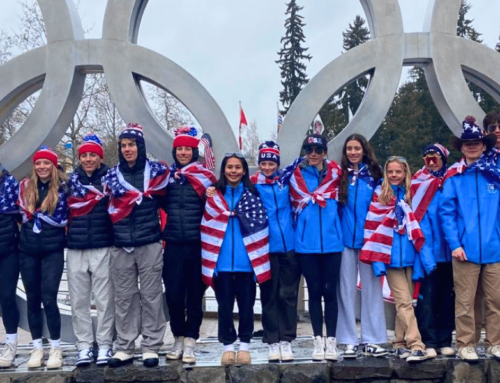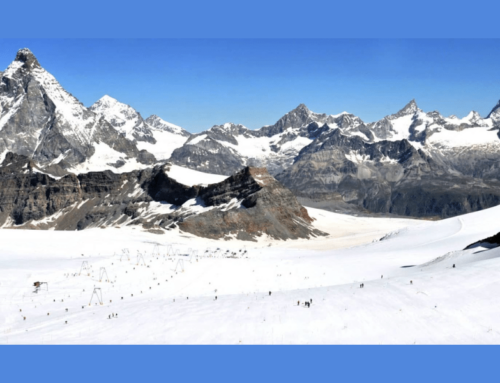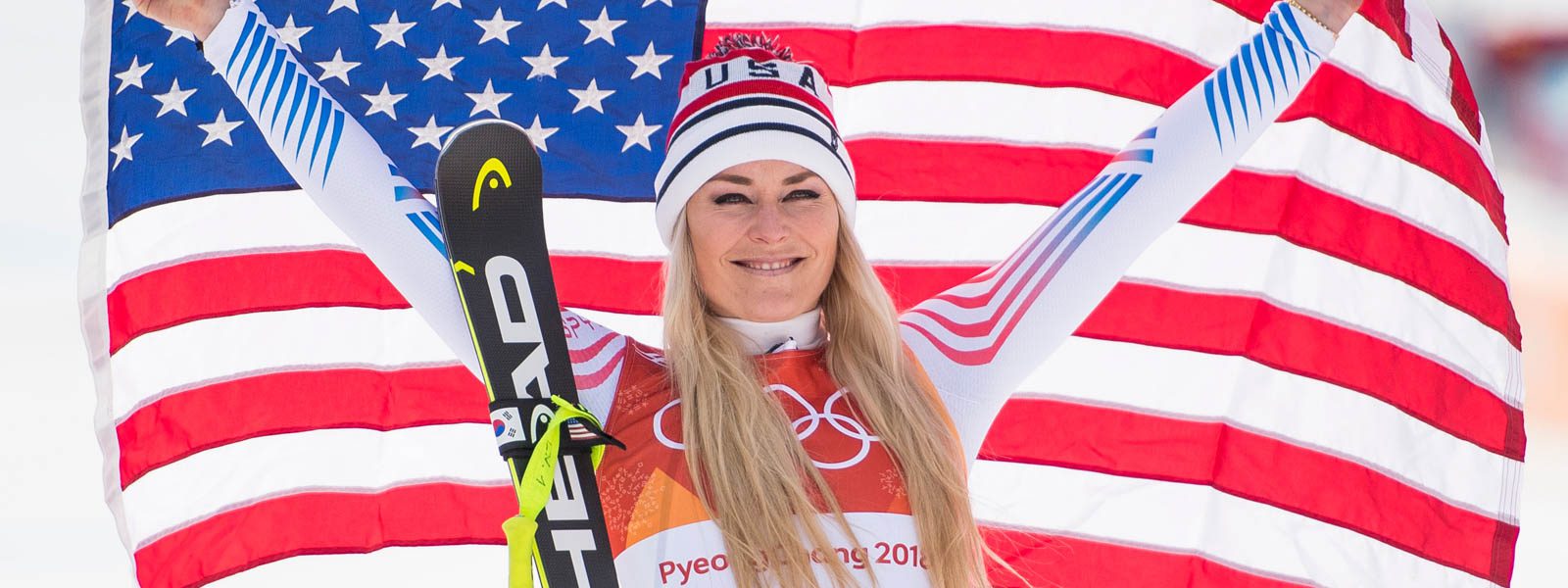Radamus: Reflections on alpine ski racing development in the United States
It is impossible to discuss athlete development without first considering sport development. Sport begins with participation. If the activity is fun and rewarding, interest grows and more individuals become involved. Competition develops as participants want to challenge and measure themselves. Eventually, a structure develops to organize competitions, provide rules and qualifications. If the sport is sufficiently broad in its appeal, it becomes professionalized at the highest levels and often rises to inclusion in the Olympics. With significant rewards at stake, resources are applied by individuals, sponsors, national federations, sport franchises and other benefactors to optimize performance.
What begins as a fun pastime becomes a high-stakes competition to develop champions. Success at the highest level requires an appealing activity at the entry level. Conversely, success at the highest level inspires participation. In the interest of creating healthy sport, we have to have an exciting, accessible and inherently rewarding activity and a system to develop the most talented and committed to be the best in the world.
The good news is that these two seemingly conflicting goals are not mutually exclusive. The answer to the question of whether to focus on participation or performance is “yes.”
The numbers are on our side. The United States boasts one of the largest populations of enthusiastic ski racers among all skiing nations. It contains both world-class resorts and 300-foot ski hills that provide broad support for competitive skiing. There are hundreds of clubs, teams and academies offering professional coaching and training, as well as a developed collegiate-sport program and a well-resourced, professionally managed national governing body. All told, the vast amount of resources committed to ski racing in the United States are arguably unsurpassed globally.
There is no question that the United States should have a welcoming, affordable, fulfilling and growing sport system and expect to consistently field one of the most competitive and deepest national teams in the world.
Why, then, is this not always the case?
Participant numbers have been mostly flat for the last decade. Increases in female participation have been offset by a shrinking male population and modestly growing participation at the U14-and-younger age groups is offset by alarming attrition among U16-and-older ages.
Accelerating professionalization among youth sports is clearly evident in ski racing and contributing to the decline in participation among the older ages. Expectations have been raised for participants to commit the time and resources required to pursue the sport at an elite level. Increasing competition and travel demands drive programs to provide greater resources and hire more coaches leading to increased fees. Costs of equipment and consumables increase along with camp fees and race travel. Both individuals and programs engage in a wasteful arms race with negligible performance benefit.
Ski racing is intrinsically rewarding and provides lifetime friendships, memories and life lessons that help young men and women become successful and resilient adults. Development of the athletes who will advance to the highest levels is a small portion of the value sport provides to society. Building a sport system for the sole purpose of developing World Champions unnecessarily over professionalizes the athlete experience for most participants.
The U.S. has produced numerous alpine skiing champions including some of the greatest of all time. National performance has been driven by individual superstars and characterized by alternating periods of feast and famine. Only the 1982 women’s team has won a World Cup Nation’s Cup indicating deep team podium performances.
Always a top performer at big events, the US is third all-time in the alpine olympic medal count behind Austria and Switzerland including winning the medal count at both the 1984 and 2010 Olympics. (France has one more total medal than the U.S. with 48. Using the international method of ranking medal counts, the U.S. is ranked ahead due to two more golds.) To keep this in perspective, Austria has won nearly three times as many medals and the medal count at 12 Olympic Games.
Everyone involved in ski racing in the United States, especially the generations of racers, should take great pride in these many successes. At the same time, all of us from participants to coaches, parents, administrators and officials share responsibility for creating any shortfalls we have today.
In order to have a robust and healthy sport, a broad pool of participants needs to be attracted, provided with coaching and training to progress their skills, and retained through their school years while engaged in exciting, age- and ability-appropriate competition. We must have a structure that meets every athlete where they are and provides the opportunity for each to advance and realize their personal potential. The outcome will be increased participation and improved performance.
To this end, we have opportunity ahead of us. Working together, we can improve the great sport we love.
Part 2 will focus on sport development.
Editor’s note: This is the first in a four-part series of articles focused on alpine ski racing development by Aldo Radamus, industry veteran and current alpine director for Team Summit Colorado.
Have some thoughts on the state of North American development? Send a letter to the editor. If it’s good, we’ll publish it.





















